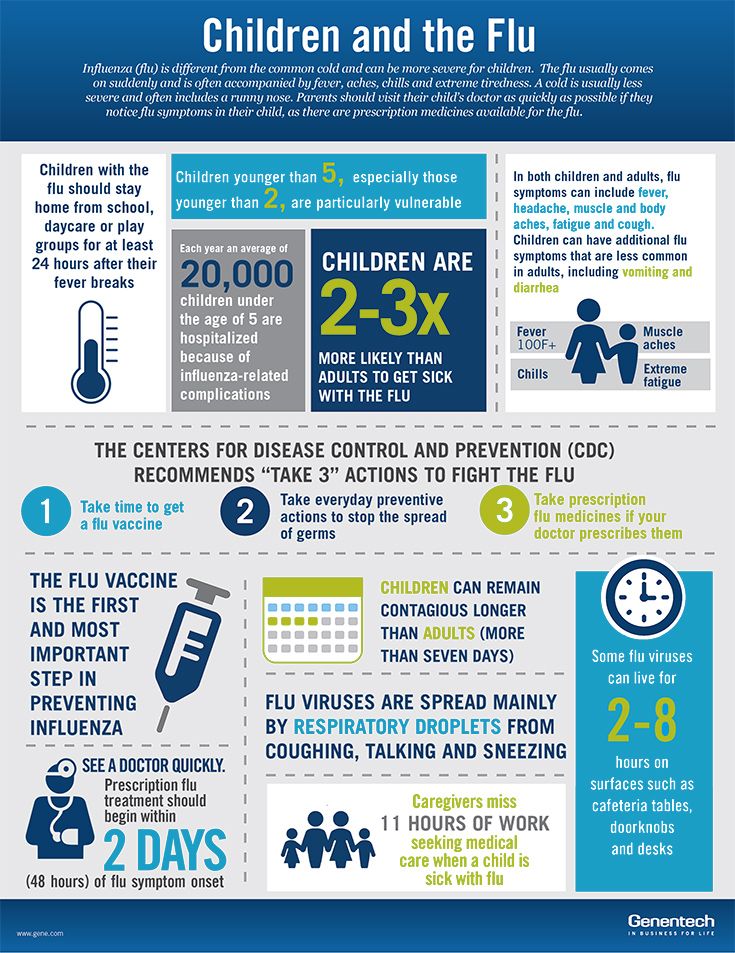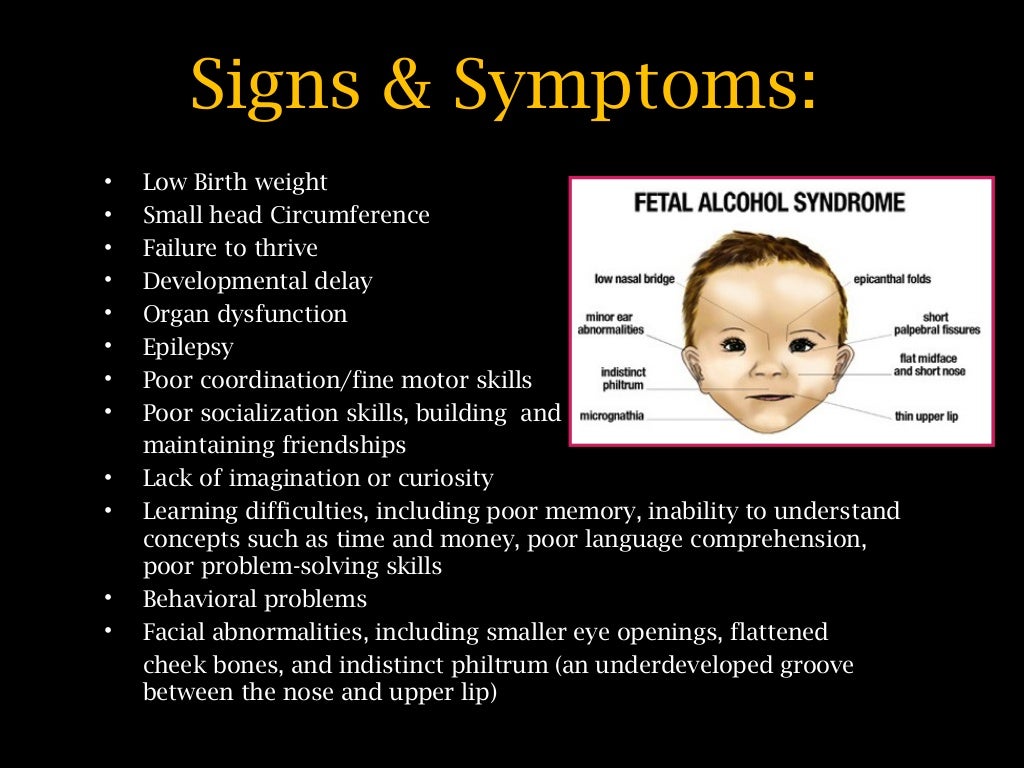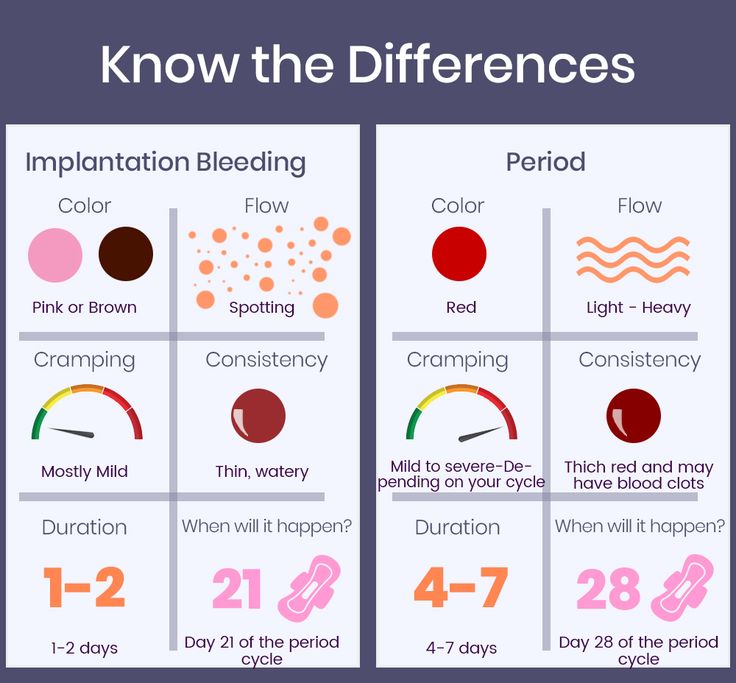How to legally abandon a child
Abandonment Leading to Termination of Parental Rights
When you have a child, you can establish parentage on the basis of a legal presumption, an acknowledgment of parentage, or by giving birth. However, there are certain circumstances in which parental rights can be taken away. One way is through abuse and neglect proceedings. Another way that parental rights can be terminated is through abandonment. “Abandonment” has a specific legal definition, and it must be proven in court for parental rights to be terminated.
Generally, no more than two people may be the legal parents of any child, so asserting abandonment may be the only way for stepparents to adopt or for birth mothers to place their children for adoption without explicit consent from the father.
When Does Abandonment Happen?
There are specific situations in which a parent or potential adoptive parent may want to prove abandonment in court. Once abandonment has been proven, the parental rights of the parent who abandoned the child can be terminated. There are a few situations in which this is likely to come up.
A common circumstance in which one biological parent may want to prove that the other biological parent has abandoned the child is when they are seeking a stepparent adoption. In order for a stepparent to adopt a child, both biological parents need to consent to the adoption. However, if one of the biological parents cannot be located, or if they can be located but refuse to consent to the stepparent adoption, the biological parent who has custody may move for termination of rights based on abandonment. The biological parent who is looking to terminate rights will need to prove the alleged abandonment in court.
Another situation in which abandonment may be relevant is when the biological mother wants to place the child for adoption, and all that is needed to complete the adoption is the consent of the biological father. Typically, these are scenarios in which the biological father is uninvolved in the child’s life, and he may even be difficult or impossible to locate. State laws governing abandonment give the court a way to allow the adoption proceeding to go forward while complying with notice and consent requirements.
State laws governing abandonment give the court a way to allow the adoption proceeding to go forward while complying with notice and consent requirements.
What Qualifies as Abandonment?
State laws differ about what is needed for a parent to be deemed to have abandoned a child. Generally, there needs to be a period of time during which the parent does not have any contact with the child and does not pay child support. In most states, the period of time is one year, but this varies. Some states include a provision that the time period for abandonment begins once the biological father learns of the existence of the child. A skilled adoption attorney in your state can help you understand the state-specific laws that govern your case.
Proving or Defending Abandonment
When evaluating whether a child has been abandoned, a court will likely balance a parent’s right to parent their child with the child’s best interests.
The burden is on the party moving for termination to prove that abandonment has taken place. Typically, this will only come up when there is another party who is looking to take on the parental rights that the parent has allegedly given up due to their abandonment. As with all of the other elements of abandonment, specific defenses will vary by state. For example, in a state that measures the period of abandonment from when the father learns of the child, the father may defend his parental rights by showing that he did not know of the child. Parents who want to keep their rights intact may also provide evidence showing financial support of the child or mother as well as contact and attempts to form a relationship with the child. A court may also take into account other circumstances that the statute does not contemplate. A knowledgeable adoption attorney can help craft an appropriate defense or conversely help prove that abandonment has occurred so that the child can be adopted by another parent.
Typically, this will only come up when there is another party who is looking to take on the parental rights that the parent has allegedly given up due to their abandonment. As with all of the other elements of abandonment, specific defenses will vary by state. For example, in a state that measures the period of abandonment from when the father learns of the child, the father may defend his parental rights by showing that he did not know of the child. Parents who want to keep their rights intact may also provide evidence showing financial support of the child or mother as well as contact and attempts to form a relationship with the child. A court may also take into account other circumstances that the statute does not contemplate. A knowledgeable adoption attorney can help craft an appropriate defense or conversely help prove that abandonment has occurred so that the child can be adopted by another parent.
Adoption Contents
How to Abandon a Baby Safely and Legally
In extreme circumstances, new parents have felt pushed into asking, “Where can one safely leave a baby?” The abandonment of a baby only happens when the parent doesn’t know that adoption is an option, and that it’s never too late to choose adoption.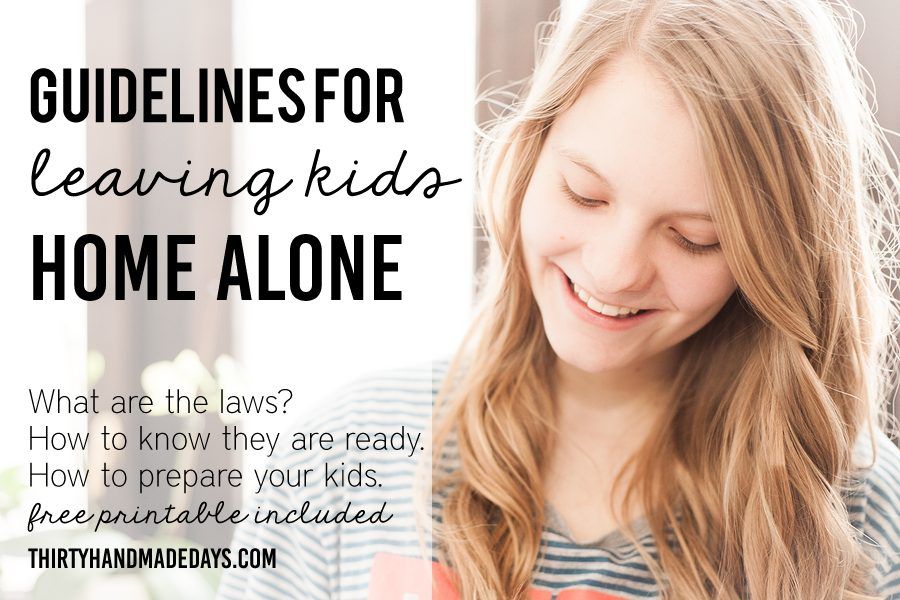
However, time and again, babies have been abandoned next to dumpsters, in trash bags, or outside of buildings. The parents often hope that the baby will be found and cared for, but these situations commonly end tragically — with injury or death of the baby and the arrest of the parent.
To help prevent such tragedies, Safe Haven laws were created. These laws allow struggling parents to surrender their newborn to someone at a specific location, called a Safe Haven. They can surrender their baby to someone there with no questions asked — their baby is safe, and they are legally protected from child endangerment charges. But many parents still don’t know about Safe Haven laws, and continue to abandon newborns unsafely and illegally.
Safe Havens are the only place that a parent can leave a baby, safely and legally. Abandoning a baby anywhere else is illegal, unsafe, and should never be done. You don’t need to leave a baby someplace unsafe: You have options, which will protect both the baby and the parent!
So, if you feel that absolutely must surrender your newborn, here’s how to do it — the safe and legal way.
If you’re trying to figure out where to leave your newborn unwanted baby, the search ends here: You can call an adoption agency, and they’ll place your baby directly into a permanent adoptive family. Contacting an adoption agency is always better than abandoning your baby, even at a Safe Haven, because:
- Placing your baby through an adoption agency is easier and faster than you might think — a professional will walk you through it, and they can have an adoptive family there in a matter of hours.
- You can be as involved in the process as much (or as little) as you want to be.
- It’s always 100% safe and legal to place your child through an adoption agency, whereas abandoning your baby (even if you think it’s a safe place) could leave you criminally liable for child endangerment, neglect and abandonment — serious crimes.
- When you abandon your child, they enter foster care, possibly for years. When you place your baby through an adoption agency, he or she is placed directly into their “forever” family — no foster care involved.

- You can choose the parents you want for your child when you work with an adoption agency, and you can even stay in touch, if you choose to. Or, you can let the agency handle it all. It’s entirely up to you.
- Adoption agencies can provide you with important free services, like counseling, free medical care (including covering the costs of your childbirth) and even financial support. You receive no support or services if you abandon your child someplace.
- It’s always 100% free and confidential to place your baby through an adoption agency, and they’re available 24/7.
- Calling an adoption agency is always safer for your baby, and legally safer for you. Talk to someone at an adoption agency now to place your newborn for adoption.
However, you may still have some questions about whether or not it’s safe to leave your baby, where to leave a baby, what happens to these babies and other questions about the Safe Surrender baby program. Start here:
FAQ About How to Abandon a Baby (Safely and Legally)Whether you have questions about how to surrender your baby, you’re curious about whether or not babies are still abandoned, or about have general questions about Safe Haven, these frequently asked questions will help you find the answers you need:
“What does it mean to surrender a baby?”By surrendering a baby for adoption, whether at a Safe Haven or through an adoption agency, you’re voluntarily giving up your legal parental rights. A parent surrenders their rights when they decide that they are unable or unwilling to provide for their child, and they feel that the best future for their baby is with permanent adoptive parents who are ready for this task.
A parent surrenders their rights when they decide that they are unable or unwilling to provide for their child, and they feel that the best future for their baby is with permanent adoptive parents who are ready for this task.
If you’ve never had to consider surrendering a child, you can count yourself very lucky. However, try to imagine the extreme pressure that a parent must be under if they’re considering leaving baby behind to be adopted. A parent only considers adoption if they feel it’s the best possible option for their child, and it’s an act of selfless love.
“I abandoned my baby at a Safe Haven. Am I a bad person?”No. When faced with difficult circumstances, everyone does the best that they can. If you left your child at a safe, registered baby surrender site, you did what you felt was best for your child in the face of those circumstances.
Remember that adoption is always an option: Rather than leaving baby at a safe place, the safest thing for your child is to always contact a licensed national adoption agency. They’ll be able to help you create an adoption plan immediately — you can choose your child’s adoptive parents, the amount of openness you wish to have in your adoption and much more.
They’ll be able to help you create an adoption plan immediately — you can choose your child’s adoptive parents, the amount of openness you wish to have in your adoption and much more.
Every state has its own Safe Haven laws, which specify who may surrender a baby, the baby’s maximum age, where the child can be surrendered and more. In every state, the parent of the baby may surrender him or her for adoption or to someone at a Safe Haven location. However, some states also permit others to surrender the baby on behalf of the parent. Check your state’s laws to be sure.
“Where can you surrender a baby?”One of the most common questions about how to safely surrender your baby is, “Where can you leave an unwanted baby?” Places you can leave a baby (legally and safely) are called Safe Havens.
Again, each state will specify its Safe Haven sites to surrender baby, so you’ll need to be absolutely sure that you can surrender your baby here before you attempt the surrender. Otherwise, you could be criminally liable for child endangerment, neglect and abandonment. Use this map to find your nearest Safe Haven location, or contact a nation-wide adoption agency immediately.
Otherwise, you could be criminally liable for child endangerment, neglect and abandonment. Use this map to find your nearest Safe Haven location, or contact a nation-wide adoption agency immediately.
Only if you follow your state’s Safe Haven guidelines. This means that you would need to be eligible for Safe Haven surrender: Your baby is under a certain age, you directly hand your child to an on-duty employee at a certain Safe Haven location and more. You’ll need to check your state’s Safe Haven laws — failure to surrender a baby in accordance with your state’s laws means that you would not be legally protected, and yes, you could get into serious trouble.
However, you’ll never get into trouble for contacting an adoption agency and placing your child for adoption through them. This is the safest option — for you and for your baby.
“Where can I abandon a baby?”You can’t leave your baby just anywhere.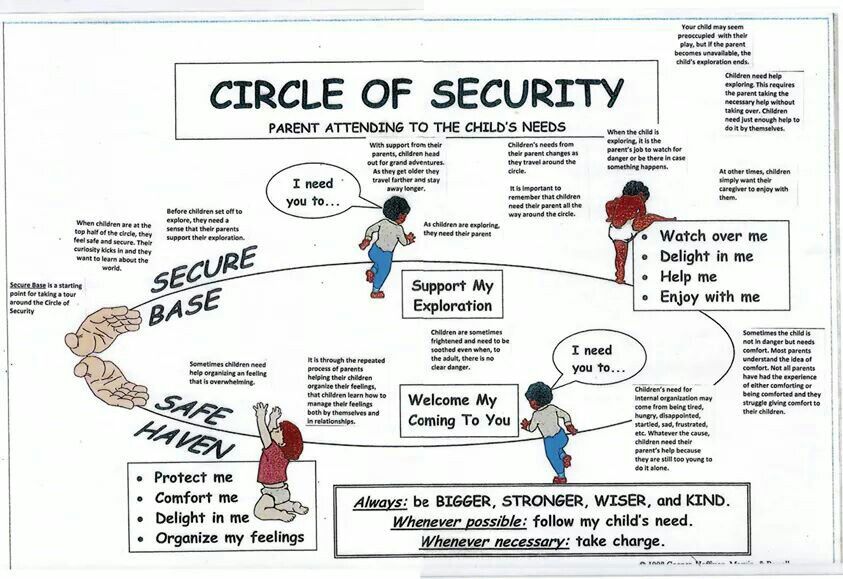 To be legally protected under Safe Haven laws, you can only leave your baby in the hands of an on-duty employee at a Safe Haven site.
To be legally protected under Safe Haven laws, you can only leave your baby in the hands of an on-duty employee at a Safe Haven site.
Important: You cannot leave your baby anywhere unattended, including outside of a building. You would be criminally liable for abandonment, in addition to any harm that comes to the baby. You must directly hand your baby to a person at a registered Safe Haven location, or contact an adoption agency.
“What kinds of sites can a baby be surrendered to?”A baby may be surrendered at a Safe Haven location, which will vary from one state to the next. Most states consider 24/7 emergency service locations to be Safe Havens, which commonly includes hospitals, fire stations or police stations. In some states, you can even call 911 and surrender your baby to the EMS providers who answer the call.
Some states have additional locations that are registered as Safe Havens, like churches or community buildings, but it’s important to remember not all of these locations may be a Safe Haven in your state.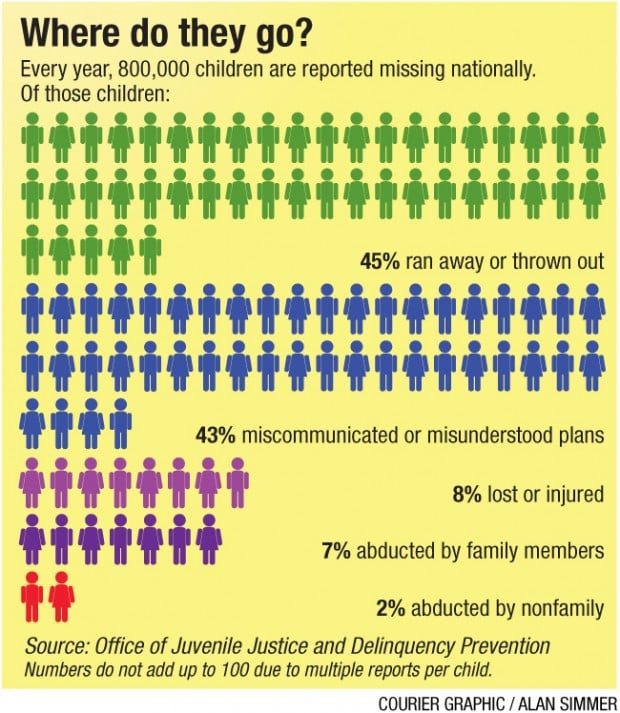 Someone who is able to provide emergency care must be at the building, 24/7. When in doubt, check for Safe Haven signage outside of the building, or check this Safe Haven locator map.
Someone who is able to provide emergency care must be at the building, 24/7. When in doubt, check for Safe Haven signage outside of the building, or check this Safe Haven locator map.
Find the nearest safe place to leave a baby here, or contact a nation-wide, 24/7 adoption agency now.
“Is outside of a Safe Haven a safe place to leave my baby?”No. Again: It’s illegal to simply pick a “safe” place and leave your baby there. You must go inside a Safe Haven location, and you must directly hand your baby to someone on-duty there.
Do not leave your baby outside of a Safe Haven — you would not be legally protected under Safe Haven laws, and you could be held criminally liable. Always place your baby into the hands of a Safe Haven staff member, or contact an adoption agency to hand your baby directly to his or her permanent adoptive parents.
“Where can you leave a baby at a Safe Haven location where he or she will be found?”In the hands of an on-duty employee (your state will specify who that employee is) at a registered Safe Haven location. This resource will help you understand where your state will allow you to leave a baby, no questions asked.
This resource will help you understand where your state will allow you to leave a baby, no questions asked.
Again: You may not leave your baby unattended inside or outside, even if you think it’s a “safe” place where he or she will be found quickly. You must enter the building, hand your baby to an employee, and then you can walk away.
But, the best option is to contact an adoption agency. They can have waiting adoptive parents by your side in a matter of hours.
“Can young parents safely surrender their newborn babies at the hospital?”Often, yes. However, this will depend on whether or not that hospital is considered a Safe Haven location in that specific state.
If a parent leaves the hospital after the birth of the baby, and does not return for the child, it is often considered a forfeiture of their parental rights after a certain period of time. These policies will vary by state.
However, it is just as easy (and much safer) to contact an adoption agency at the hospital. When a baby is simply left at the hospital, he or she will enter foster care to await permanent placement. But when the parent contacts an adoption agency, the baby is placed into a permanent adoptive family immediately, and can avoid foster care. It’s never too late to contact an adoption agency.
When a baby is simply left at the hospital, he or she will enter foster care to await permanent placement. But when the parent contacts an adoption agency, the baby is placed into a permanent adoptive family immediately, and can avoid foster care. It’s never too late to contact an adoption agency.
Each state has a varying maximum age limit for babies who can be surrendered to employees at Safe Haven sites. In many states, you can still surrender your child at a Safe Haven, even if he or she is several days (or sometimes, weeks) old.
Do not abandon your child if he or she has exceeded your state’s Safe Haven age limit. Contact an adoption agency immediately — they can place older infants for adoption!
“I want to abandon my baby, but the father wants to keep it. Is surrendering a baby without his consent an option?”It’s always best to contact an adoption agency if you and the father disagree.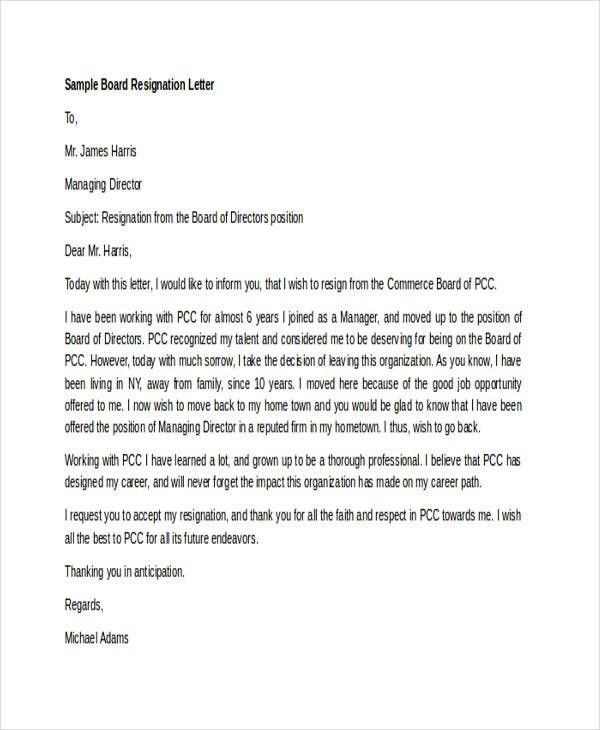 They can talk you through your legal options based on your individual situation, and can potentially help you create an adoption plan for your baby.
They can talk you through your legal options based on your individual situation, and can potentially help you create an adoption plan for your baby.
In most states, little to none. But, if you are asked to provide some information, don’t panic! As long as you are surrendering your baby at a registered Safe Haven location and to the correct person on staff, you will not “get in trouble” for surrendering your baby.
Any information you provide is intended to help your baby, not to get you into trouble — your medical history, honest information about any substance use during your pregnancy, or even contact information could save this child’s life one day.
Although adoption agencies ask you to provide more personal information than Safe Haven surrenders, that information is so important for your child’s future health and peace of mind. Plus, that information is confidential. Contact an adoption agency now to learn more.
Not really. Although it’s legal, anonymous and easy to surrender your child to a staff member at a Safe Haven location, those locations usually aren’t licensed to place those children for adoption.
For that, they contact an adoption agency. That’s why it’s always best to directly call an adoption agency yourself — you’ll have full control over the process, and you can even choose your baby’s family and the amount of openness you wish to have.
“Where can I abandon my baby without having to talk to anyone?”Four states in the U.S. have something called Safe Haven baby boxes, where a newborn may be placed inside without ever having to talk to anyone. You can find those boxes here. In every other state, you must enter the Safe Haven location, directly hand your baby to someone on staff and then you can walk away.
So, in almost every situation, you will have to talk to someone briefly.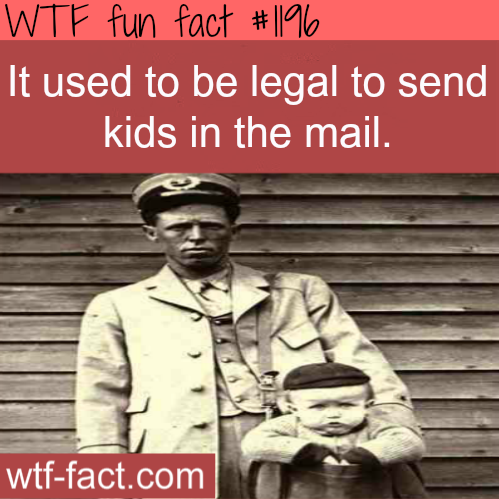
Leaving your baby at an orphanage is no longer an option in the U.S., because there aren’t any orphanages. They’ve long since been replaced by the foster care system and by private infant adoption agencies, which can help you place your baby for adoption in a permanent, loving family. Contact an adoption agency now, and they’ll help you get started.
“If someone leaves a baby on your doorstep, what should you do?”You may have seen a headline in the news saying, “Woman Leaves Baby at Doorstep,” and worry, “Do people still leave babies at doorsteps? If women are leaving babies on doorsteps, what should I do if I find a baby on my porch?” But, this is extremely rare and probably won’t ever happen to you. Women now have the option to relinquish their child at a Safe Haven location, or to an adoption agency.
However, if you do ever find an abandoned baby, you should call 911 immediately.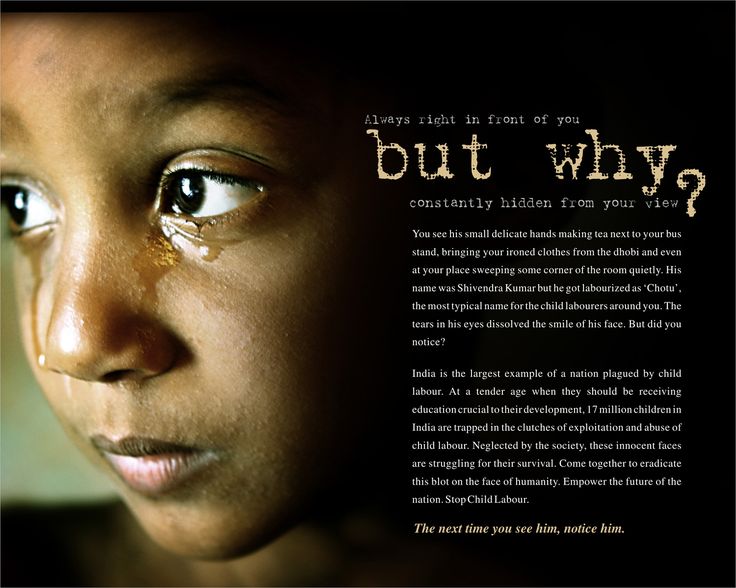 They’ll assume custody of the baby from there. And no, you cannot keep or adopt the baby. Adoptive parents will adopt the child through the state’s foster care, or with a licensed adoption agency. If you’re interested in adopting, start here.
They’ll assume custody of the baby from there. And no, you cannot keep or adopt the baby. Adoptive parents will adopt the child through the state’s foster care, or with a licensed adoption agency. If you’re interested in adopting, start here.
Your remaining option is adoption. Contact an adoption agency right now. This will prevent you from having to abandon your baby at a Safe Haven location, and it will also prevent you from feeling pressured into parenting this baby when you’re not ready.
Choosing adoption for your baby may be the best option for your child (and for yourself). We know it’s never an easy decision, but we also know that it’s a path you choose out of love for your baby. Adoption is an act of selfless love.
For more information about Safe Haven laws, where to surrender a baby (safely and legally) and why contacting an adoption agency is always preferable to abandoning a baby, explore our other guides on emergency adoption situations.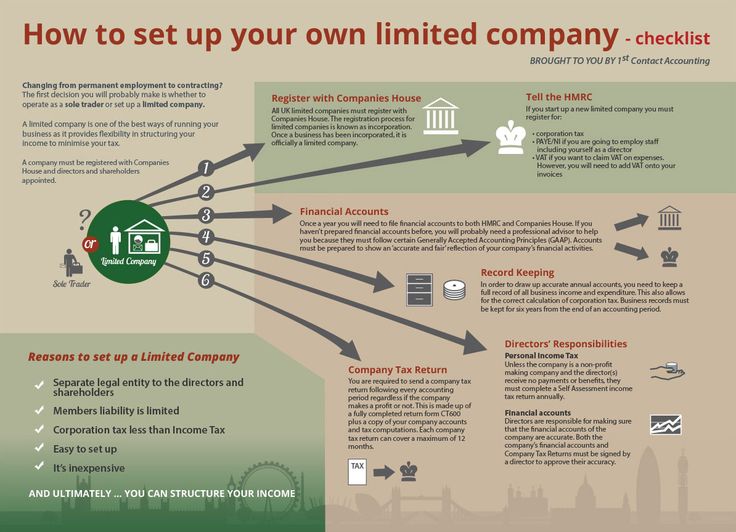
Voluntary renunciation of parental rights by father or mother
Answer: Let us first consider the issue of renunciation without subsequent adoption.
There is a provision in the legislation of the Russian Federation that allows voluntarily renouncing parental rights only for a mother who has just given birth to a child (before registration with the registry office). For older children, there are no such legislative provisions, but some judicial practice has been accumulated that allows this procedure to be carried out within the legal framework. nine0005
Only the court can decide on this issue, and the final verdict will indicate the decision on deprivation of parental rights. That is, in the future, the argumentation, no matter how positive and based on voluntariness, will remain in the documents, and on the surface there will appear a verdict of deprivation, implying an unfair attitude to one's parental duties.
In addition, by abandoning a child, a mother or father:
- loses the right to refer to the child as their own; nine0014
- has no right to protect the child as his own;
- loses the right to claim the inheritance after his death;
- are deprived of the rights to preferences and cash benefits due to parents;
- will have to pay child support until the child is accepted into a new family.

What is the procedure for voluntary refusal
The difference from compulsory deprivation lies in the fact that the parent (or parents) himself applies to the court. You should start with the guardianship authorities, whose specialists will help you competently draw up documents. Without their opinion, such decisions are not made, and if you directly go to court, the case will be delayed, as the judge will inevitably turn to experts or return the application with a demand to attach their opinion. nine0005
The responsibility of the guardianship authorities is to investigate the child's housing conditions and determine the consequences of deprivation of parental rights.
In a claim filed in accordance with Article 131 of the Code of Civil Procedure of the Russian Federation, the following phrases must necessarily be reflected:
- that the parent made a decision of his own free will;
- that he is aware of the full burden of responsibility and the consequences of such a step (after the court makes a positive decision, the child will be forever lost to the parent).
 nine0023
nine0023 - notary;
- the head of the institution where the child is educated and cared for;
- guardianship authority;
- court.
- Legal basis
- How the withdrawal process works
- Nuances of voluntary withdrawal
- How to file a claim in court
- Refusal pattern
- Court documents
- Consequences of failure
- Is it possible to revoke a refusal decision
- One of the parents needs to write a statement about the denial of rights to children. It also indicates that they agree to further adoption of the child. If you wish, you can write a request that they not be called to court in this case. The notary certifies this application with a signature and a seal. nine0014
- The document is given to another parent. Further, it must be provided to the guardianship authorities and 2 witnesses. It will be good if they confirm the parent's unwillingness to participate in the life of their child.
- After all the documents are collected, they can be taken to the court.
- Litigation usually proceeds quickly. It should be pointed out that representatives of the PLO and the prosecutor must be present at the trial. Without them, the decision of the court will be invalid.

- parents indicated in the birth certificate;
- child after reaching the age of majority;
- guardian of a disabled parent or child.
- if he knew that the child was not born of him and agreed to take it over anyway;
- if the baby was born through IVF, while there is the consent of the father to use the biological material of another man.
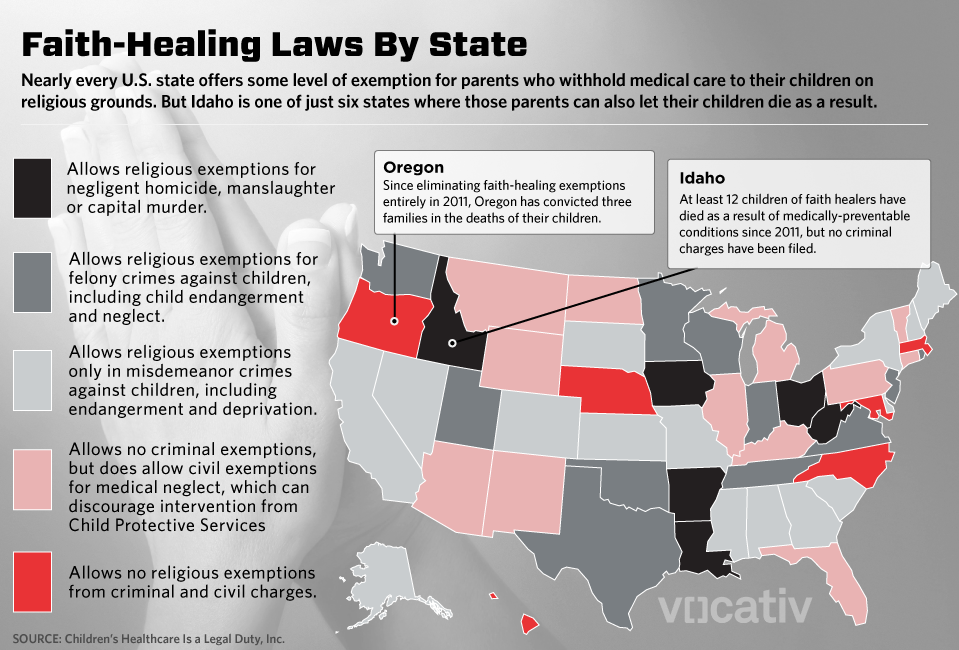 nine0014
nine0014 - marriage or divorce certificate;
- birth certificate;
- characteristics for parents or adoptive parents, if any;
- other documents.
- Child care.
- Representing the interests of the child in any instances.
- Protection and the right to demand the extradition of a baby who is being held by strangers.
- The right to inherit the property of a minor after his death.
- Receiving benefits and allowances.
- Receipt of maintenance in case of incapacity for work.
In addition to the guardianship authorities, representatives of the prosecutor's office must be present at the trial.
As a rule, at the same court session, the issue of the amount of alimony and the procedure for paying such a monetary allowance is decided.
The applicant has the right not to be present at the trial, but in this case there is a risk that an unfavorable decision will be made for him. Here it can play a fatal role, since appeals of such decisions rarely lead to the desired result. If we are talking about subsequent adoption, then the fate of the child is at stake and the meeting cannot be ignored. nine0005
How to transfer a child to adoptive parents without formal refusal
The Family Code in article No. 129 contains a rule that allows you to calmly, without unnecessary hassle, transfer a child to new parents.
You can do this on one condition: the consent of the parents (or the parent, as in your case) is required. If there are none, then the guardianship authority gives the visa.
If there are none, then the guardianship authority gives the visa.
Parental consent is obtained by a written statement, which is certified by one of the following persons or institutions:
Parents can reverse the situation only before making a decision. The next day after, for example, a court decision, the child no longer has parents, until the moment of adoption.
A parent (or parents) has the right to agree to adoption both to a well-defined person and in conditions of uncertainty. nine0005
Conclusions
Voluntary abandonment of a child is not defined in the legislation of the Russian Federation. This issue can be resolved through the court, but the court order states that the parent is deprived of parental rights.
A milder (and preferable) option provides that parents agree to the adoption of their child - this way is stipulated in the Family Code of the Russian Federation.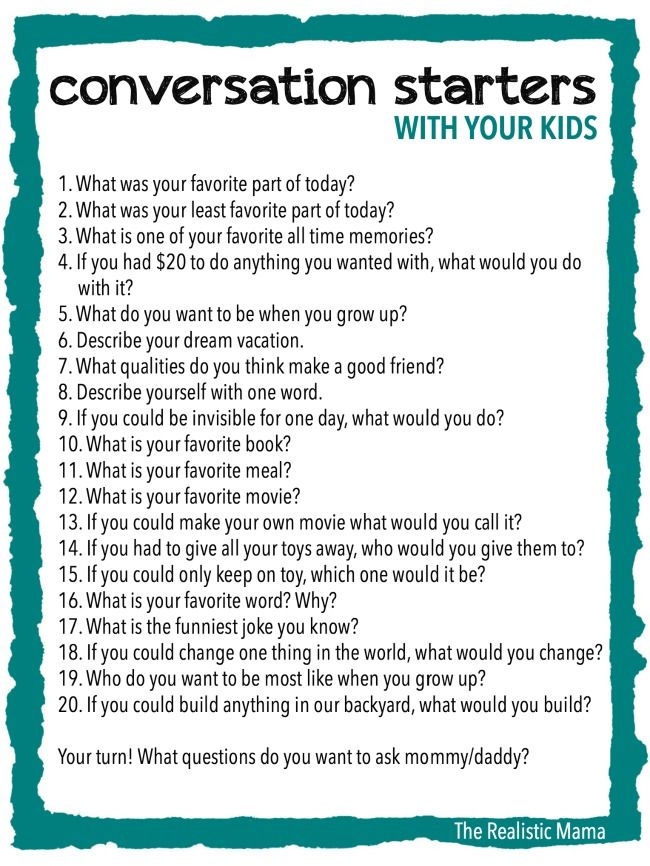 You can specify that a specific person will be the adopter, you can leave the choice to the guardianship authorities. This, in fact, is also a voluntary refusal, but without the appearance of an undesirable wording about the deprivation of parental rights. nine0005
You can specify that a specific person will be the adopter, you can leave the choice to the guardianship authorities. This, in fact, is also a voluntary refusal, but without the appearance of an undesirable wording about the deprivation of parental rights. nine0005
Waiver of parental rights: voluntarily, sample application
Content:
Voluntary relinquishment of parental rights is a rather strange procedure. There is no such concept in any law of the Russian Federation, however, in practice, it is possible to issue a refusal through the court. There are parents who do not want to take part in the life of the child in any way.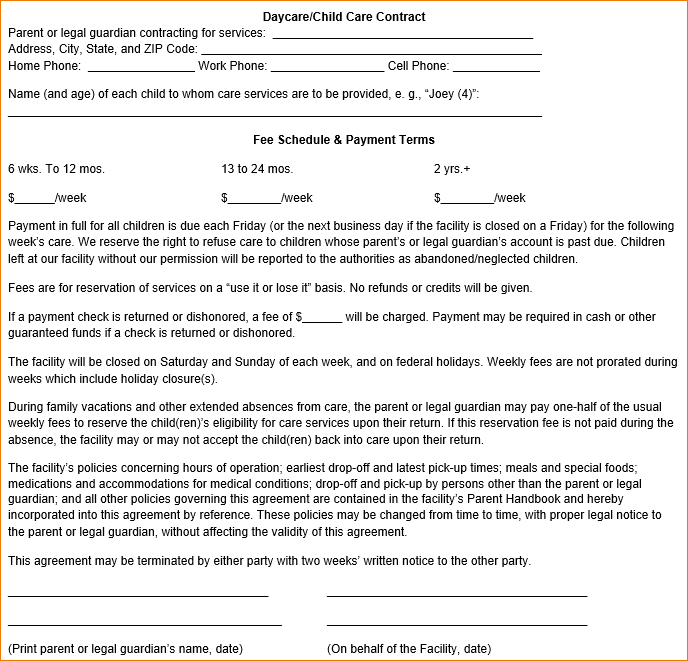 For example, a father who does not participate in the upbringing of children and does not pay alimony can easily be deprived of parental rights. This can be perceived as a voluntary abandonment of their own children. nine0101
For example, a father who does not participate in the upbringing of children and does not pay alimony can easily be deprived of parental rights. This can be perceived as a voluntary abandonment of their own children. nine0101
Legal basis
The Family Code has no concept of waiving parental rights over a child. There is no such article. A parent does not become free simply by writing a waiver. The decision is up to the court. But, according to official statistics, most claims in such cases are satisfied. However, you still have to pay child support.
For example, a mother was deprived of parental rights in court. In this case, she is released from the obligation to raise children. But she is obliged to support them until the children reach adulthood. The amount of alimony is determined by the court. nine0005
Abandonment of a child is essentially equivalent to a procedure for deprivation of rights. This is spelled out in articles 69-71 of the RF IC. The execution of the statement of claim and the trial itself are carried out in accordance with the rules of civil procedural proceedings.
How is the withdrawal procedure
It is possible to revoke parental rights by a notary public. The scheme of actions is as follows:
In the maternity hospital, the mother's rights are waived when her appropriate consent is written to place the newborn in state educational institutions. If her plans do not include taking the child back within 6 months, then a document is immediately signed giving the right to adoption. In this situation, parental rights are transferred to the adoptive parents.
In the case where there is an adoptive parent or guardian, a simpler scheme can be applied. The parent applies to the notary or to the guardianship with a statement that gives consent to the adoption of the child. Here you can do without litigation. nine0101
Nuances of voluntary refusal
The following persons have the right to file such a claim with the court:
The father's claim is denied in two situations:
For example , if the above 2 cases are excluded, and the father has doubts that the children were born from him, then he has the right to file a claim for waiver of the father's rights. He is required to present the results of the DNA test to the court. When the fears are confirmed, the man is completely released from the obligations of paternity and payment of alimony.
How to file a lawsuit in court
The lawsuit is addressed to the court, PLO, registry office. Each addressee should be written on a new line with the full name. Then a statement is written from whom, indicating the full name, place and date of birth, passport data, phone number and address. nine0005
The descriptive part states that the parent voluntarily and completely waives his rights to his child. It is necessary to indicate the full name of the baby, date and place of his birth. Further, the parent must agree to the deprivation of his parental rights and further adoption of the child in accordance with Russian law. It must be written that the child can be adopted, and that the refusal cannot be reversed after a court decision has been made.
It must be written that the child can be adopted, and that the refusal cannot be reversed after a court decision has been made.
If the refusal is made by the father, then it must be written on a new line that parental rights are fully preserved for the mother of the baby. nine0005
It is indicated below that the parent has read and understood the above, signs it meaningfully. The date and locality should be written in full in words. At the end, put a signature and its transcript.
The application must be notarized. The notary also registers this document. Below is a sample disclaimer.
Sample refusal
To _________________________
(name of the court)
To guardianship and guardianship authorities
________________________________
To the registry office ____________________
From: _______________________
(full name, address, passport details)
APPLICATION
I hereby completely and voluntarily renounce parental rights in relation to my / my son / daughter - _______________________, born "___" ____________. in the city of ___________ and agree to the deprivation of my parental rights, as well as the adoption of my child in the future in accordance with applicable law.
in the city of ___________ and agree to the deprivation of my parental rights, as well as the adoption of my child in the future in accordance with applicable law.
I understand that my child may be adopted. I understand that I cannot revoke this waiver after a judgment has been issued upholding the waiver or otherwise terminating my parental rights to my child. Even if the court decision does not terminate my parental rights in relation to my child, I cannot cancel this waiver after the court decision on adoption comes into force. nine0101 The parental rights of the mother of the child _______________________ are fully preserved.
I have read and understood the foregoing and I sign it sensibly and freely.
I ask the judicial authorities to consider the case in my absence.
City ______, ______________.
__________________ /signature/
City ______. ______________ of the year.
I, _________________________ - notary of the city of _____________, I certify the authenticity of the signature of gr. _______________________, which was made in my presence. The identity of the person who signed the document has been established. nine0005
_______________________, which was made in my presence. The identity of the person who signed the document has been established. nine0005
Registered in the register under No. ______________
Collected at the rate of ____________________________
Notary _________________________________
Documents for the court
Voluntary refusal must be supported by an application. After this document is signed by representatives of guardianship authorities. They are also required to check the child's living conditions and ensure that they do not deteriorate. An application is submitted to the court along with a receipt for payment of the state duty and the following documents:
In addition to the papers, at least two witnesses must be invited to the court.
Consequences of denial
A parent's renunciation of parental rights both involuntarily and involuntarily has the same consequences. The law provides for the following rights, which a negligent parent loses:
The law provides for the following rights, which a negligent parent loses:
One responsibility remains for the parent. This is the payment of alimony to a child until he reaches 18 years of age. The state exempts from alimony only if he is adopted. nine0005
The minimum period for paying child support is 6 months. This can happen when, after abandoning a child, other people immediately adopt him. For example, the biological father abandoned the children, and they are then adopted by their mother's new husband.
Is it possible to withdraw the decision to refuse
It seems possible to refuse the application and take the child back within six months from the date of the court's decision .




